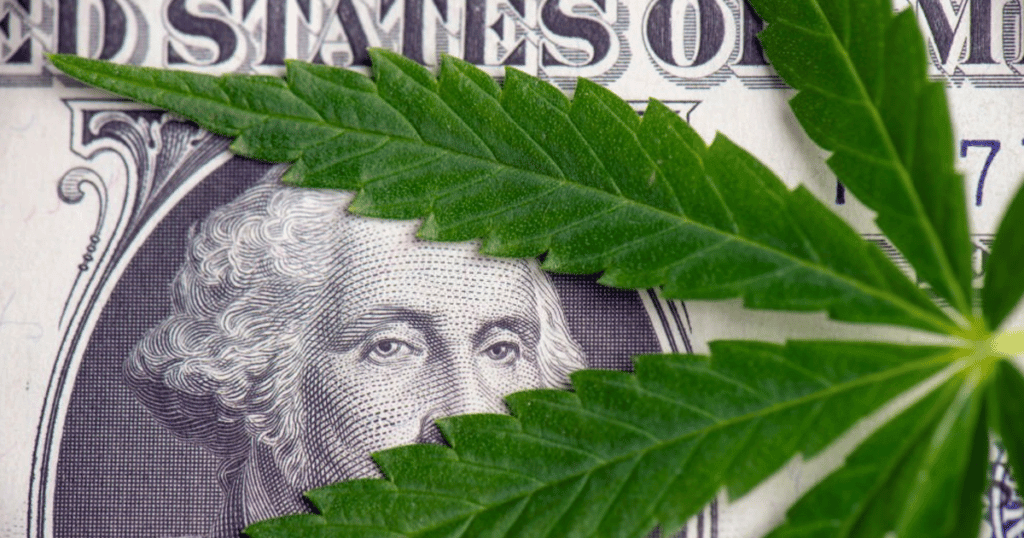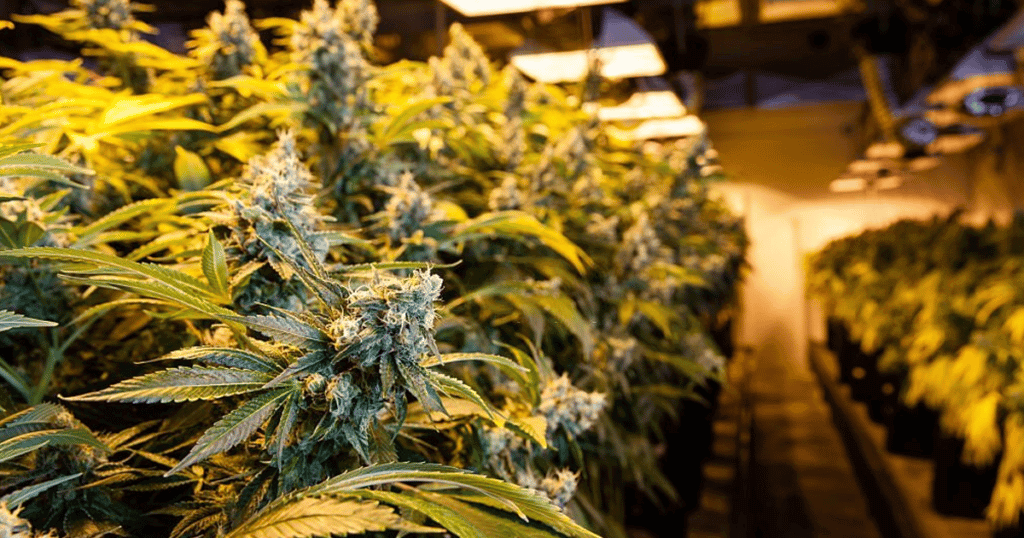The cannabis business has been evolving – entering the business world with a bang. For example, New York State’s legalization plan expects that recreational cannabis could create a $3.5 billion impact in the state alone. Big money is coming from the weed industry, and the US treasury is taking notice. The new legislation by the treasury to start gathering information on the cannabis business is set to be put in motion later this year. What does this decision mean for the cannabis industry? We will take a deeper look into the financial world of a cannabis business – and how the newest turn of events might seem sleight of hand.
Why The Treasury Is In Cannabusiness
The Treasury’s Office of the Comptroller of the Currency (OCC) seems to think that the cannabis industry is a front for money laundering. “As new products and services are introduced, existing products and services change, and banks expand through mergers and acquisitions, banks’ evaluation of money laundering and terrorist financing risks should evolve as well,” says the OCC.
While they also monitor other industries like liquor, jewelry, and convenience stores, the addition of the marijuana industry to the list comes as a bit of a surprise to insiders. It is not immediately clear how the data gathered on the Risk Summary Form is analyzed or distributed by OCC after being submitted by banks. The changes being implemented to their data collection process will, ideally, “identify those institutions, and areas within institutions, that may pose heightened risk and allocate examination resources accordingly.”
Suspicious Activity Reports (SARs), which banks and credit unions are required to file in accordance with current guidance, already provide information on the number of financial institutions that work with cannabis-related businesses. Treasury’s Financial Crimes Enforcement Network (FinCEN) makes that information available to the public on a quarterly basis.

Issues In Cannabanking
It may seem a matter of fact that banks service all industries and clients – but many banks do not serve the cannabis industry. “Since cannabis remains illegal under federal law — and the federal government oversees all US banks and credit unions — banks are often skittish about granting bank accounts to these businesses.”
The cannabis industry is often seen as a significant risk many banks are unwilling to take. Services that most businesses take for granted are not readily accessible to the cannabis industry. Lack of access limits the industry severely. Cannabis retailers see restrictions on payment options, accounts, advice, and fees. Banks even charge insane fees for cannabis businesses – making it hard for them to cross into a profitable margin.
While there is no legislation determining whether or not banks can work with cannabis companies, they are required to report any suspicious or criminal activity by their clients to the government. With cannabis still being a Schedule 1 Drug, this creates a weird grey area that banks are uncomfortable with. It also might be expensive. If a bank files its transactions improperly or is accused of not fully adhering to the reporting guidance by a future bank regulator, it may be susceptible to significant fines. The reporting can be extensive, frequently encompassing every step a client performs, and this will only continue with the new OCC guidelines. The costs of paperwork are, of course, not paid for by the banks but by the cannabis companies themselves, who then pass on the burden to consumers.

If history is any indicator of future behavior, the OCC’s new requirements will invariably cause banks to cut ties with their cannabis clients. More reporting sadly means more expenses incurred, and banks dead-set on increasing profit margins will do their absolute best to cut costs, and sadly, this likely means cannabis clients. If the industry can’t secure funding (or even have a place to bank), even federal legalization won’t save them. For those few banks that do continue to work with cannabis clients, we will likely see fee increases, which will then be passed on to consumers, resulting in higher prices nationwide. Overall, the OCC and Federal Treasury attempting to crack down on money laundering could be the breaking point for cannabis banking. Hopefully, the consequences won’t be dramatic, but we can never be sure.
Enjoyed that first hit? Come chill with us every week at the Friday Sesh for a freshly packed bowl of the week’s best cannabis news!

















